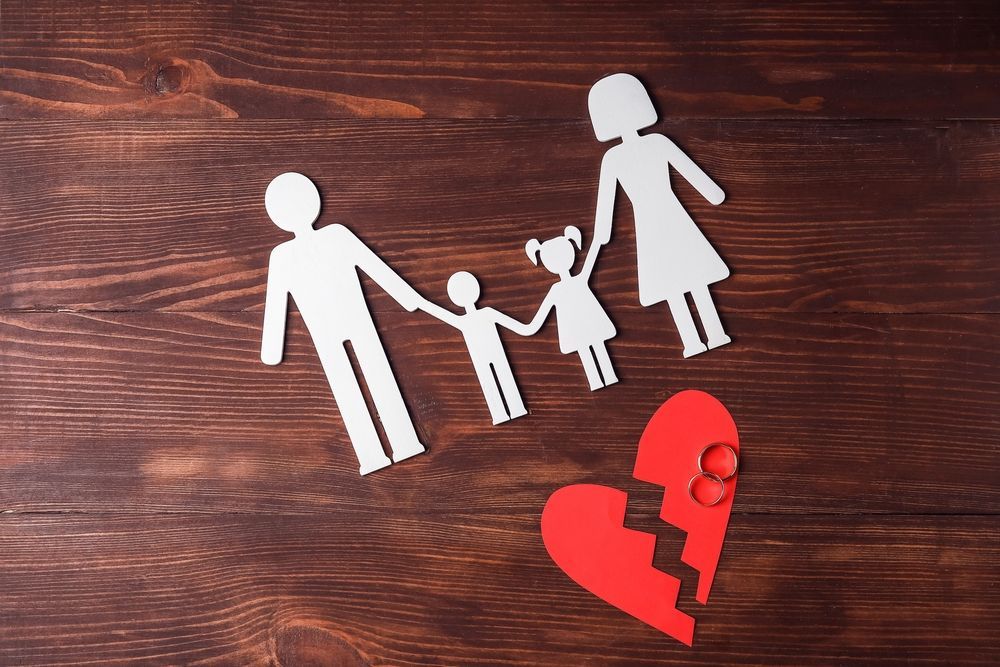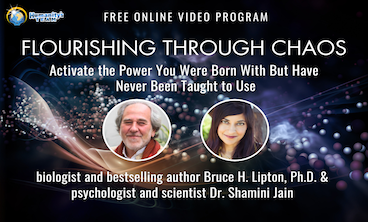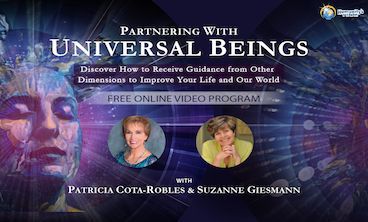
Nurturing Hearts: Conscious Divorce and Its Impact on Children
Introduction
In the intricate tapestry of human relationships, divorce is often felt as a devastating event, one that leaves behind shattered lives and broken dreams. However, as humanity continues to evolve, so does our understanding of conscious living and the importance of embracing compassion and empathy even in the most challenging of circumstances. Conscious divorce, guided by the principles of love, respect, and understanding, holds the potential to transform the experience of divorce for both parents and children, nurturing the growth and well-being of all involved.
The Journey of Conscious Divorce
Conscious divorce is
an approach that transcends the traditional adversarial nature of legal separation. Instead, it invites couples to embark on a collaborative journey of dissolution, where the well-being of everyone involved, especially children, is foremost in importance. It encourages divorcing parents to find common ground, create a nurturing environment, and prioritize open communication and shared decision-making.
Key Elements of Conscious Divorce
Communication and Emotional Intelligence
Conscious divorce emphasizes the significance of healthy and open communication between parents. By cultivating emotional intelligence and active listening, parents can better understand and address their own and their children's emotional needs. This creates an atmosphere of trust, enabling children to express their feelings and concerns without fear of judgment.
Co-parenting with Compassion
Conscious divorce seeks to redefine the concept of co-parenting. It encourages parents to let go of resentment and animosity, replacing it with empathy and compassion. By acknowledging each other's roles as loving caregivers, parents can create a supportive and harmonious co-parenting relationship. This foundation of respect and understanding helps shield children from the negative impacts of divorce.
Honoring the Child's Perspective
Children often experience confusion, sadness, and fear during a divorce. In a conscious divorce, parents acknowledge and honor their children's unique perspectives. By involving children in age-appropriate conversations about the changes occurring in their lives, parents can alleviate anxiety and empower their children to express their thoughts and concerns. This promotes their emotional well-being and encourages their active participation in the healing process.
Emotional Support and Professional Guidance
Conscious divorce recognizes the importance of emotional support for both parents and children. Engaging the services of family therapists, counselors, or mediators can help facilitate constructive conversations and provide guidance on navigating the complexities of divorce. These professionals offer tools and strategies to assist parents in fostering resilience, healing, and growth for themselves and their children.
The Impact on Children
Conscious divorce has the potential to shield children from the damaging effects often associated with conventional divorce processes. By creating an atmosphere of mutual respect and emotional safety, parents can mitigate the emotional distress experienced by their children. This, in turn, paves the way for the following positive impacts.
Emotional Resilience
Children exposed to conscious divorce are more likely to develop emotional resilience, as they witness their parents navigating challenges with grace and compassion. They learn valuable life skills, such as effective communication, conflict resolution, and the power of forgiveness.
Healthy Relationships
When children observe their parents engaging in respectful co-parenting, they receive a valuable lesson in cultivating healthy relationships. They understand that relationships can evolve and change without sacrificing love and respect, providing them with a solid foundation for their own future relationships.
Self-Empowerment
Conscious divorce empowers children by involving them in the decision-making process. By allowing them to voice their opinions and concerns, parents affirm their children's sense of agency and self-worth. This fosters independence and nurtures their ability to navigate challenging situations with confidence.
Reduced Trauma
Conscious divorce minimizes the trauma children often experience during a traditional divorce. By maintaining stability and consistency in their lives, children feel secure, reassured, and less likely to be negatively impacted by the separation of their parents.
Conclusion
Conscious divorce represents a significant shift in our approach to separation, emphasizing love, understanding, and compassion. By embracing this transformative way of parting ways, parents can create a supportive environment that nurtures the emotional well-being of their children. By fostering open communication, practicing empathy, and prioritizing the child's perspective, conscious divorce sets the stage for healing, growth, and a brighter future for all involved. Let us embark on this journey of conscious divorce, shaping a world where love and understanding prevail even in the face of challenging transitions.
Share this post!
LATEST BLOGS




FREE PROGRAMS
LISTEN TO ONE OF OUR RECENT PODCASTS
Sign up now so you never miss a blog post, podcast,
or free event with Humanity's Team!




















